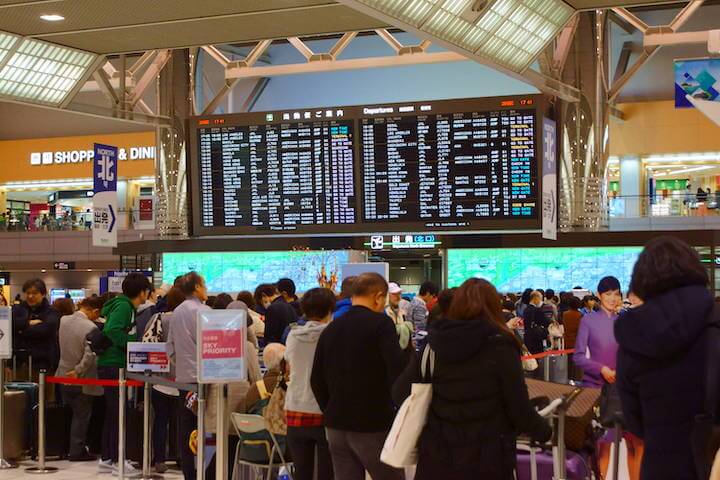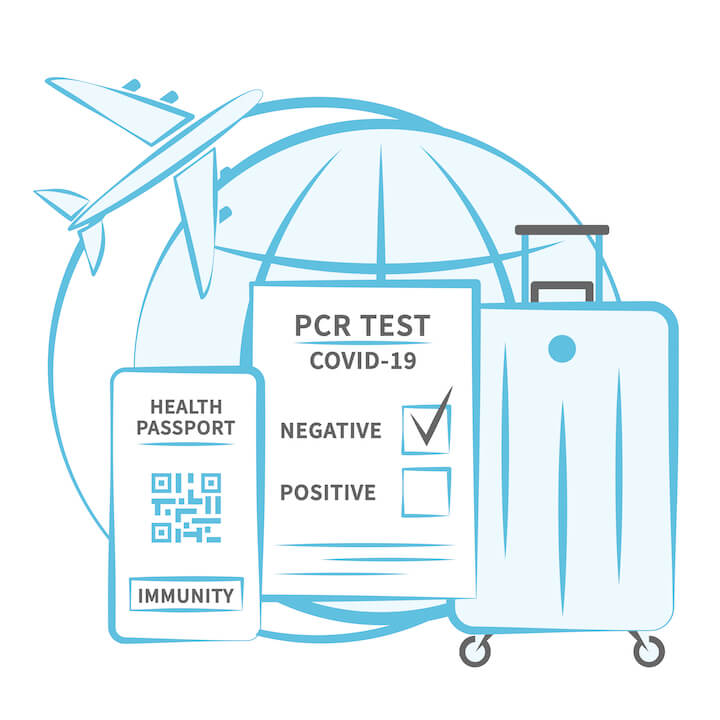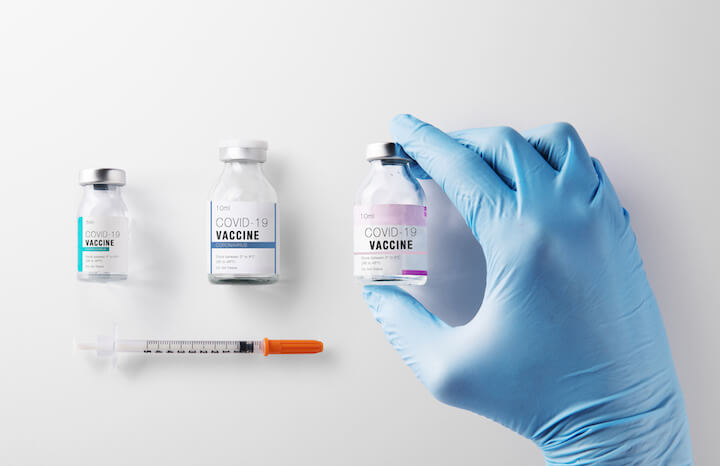What now? Good and bad news on the COVID front

Tokyo Narita airport, busy in 2019
It’s probably safe to say every person reading this is tired of hearing about and thinking about the virus that has upended our world. We’ve all had enough, frankly, and would like to continue moving in a straight line toward normality, thank you very much.
Since summer, we have seen a fairly constant trend toward a reduction of travel restrictions and welcome news of routes returning, airport terminals reopening and planes filling. News that TFWA WE in Cannes would be a live event and then attending the event itself — traveling, seeing colleagues, having business meetings and socializing — it all felt closer to normal than we’d experienced for a very long time. This sense was heightened again at MEADFA in Dubai, where DXB was getting set to reopen Concourse A, increasing the airport’s capacity back to nearly 100%.

Cautious + optimistic in turn
This week the “cautious” part of cautiously optimistic showed its reason for being, as the new Omicron variant raced around the world, sparking a new wave of restrictions and uncertainty.
Thankfully, as of today there is reason for the “optimistic” part of the phrase to rise to the fore, as immediate research is showing first that the variant appears to be no more dangerous than previous versions and second, that current vaccines do protect against it if not fully, which, given the variant’s vastly modified structure, was not a given.
 Stop the spread
Stop the spread
To put it bluntly, we got lucky this time. As I have spoken and written about in the past year including here, Mutations occur during reproduction; the more the virus is able to reproduce, the more mutations occur and the more mutations that occur the greater the chances of one of those mutations being more dangerous, more transmissible and better able to evade vaccines. The answer lies in stopping the spread. Our industry will remain threatened as long as there are pockets of the world where vaccination rates are low.
What can we do?
We as an industry need to band together to help convince governments to make science-based rational decisions to keep travel possible. IATA is urging all governments to rescind travel bans based on WHO data, quoting the health organization: “Blanket travel bans will not prevent the international spread, and they place a heavy burden on lives and livelihoods. In addition, they can adversely impact global health efforts during a pandemic by disincentivizing countries to report and share epidemiological and sequencing data. All countries should ensure that the measures are regularly reviewed and updated when new evidence becomes available on the epidemiological and clinical characteristics of Omicron or any other variants of concern.”
Willie Walsh, IATA’s Director General, added: “After nearly two years with COVID-19 we know a lot about the virus and the inability of travel restrictions to control its spread. But the discovery of the Omicron variant induced instant amnesia on governments which implemented knee-jerk restrictions in complete contravention of advice from the WHO—the global expert.”

Individually and as companies we need to support initiatives to get vaccines to every corner of the earth and to inspire the hesitant to take part. Our future depends on it.










